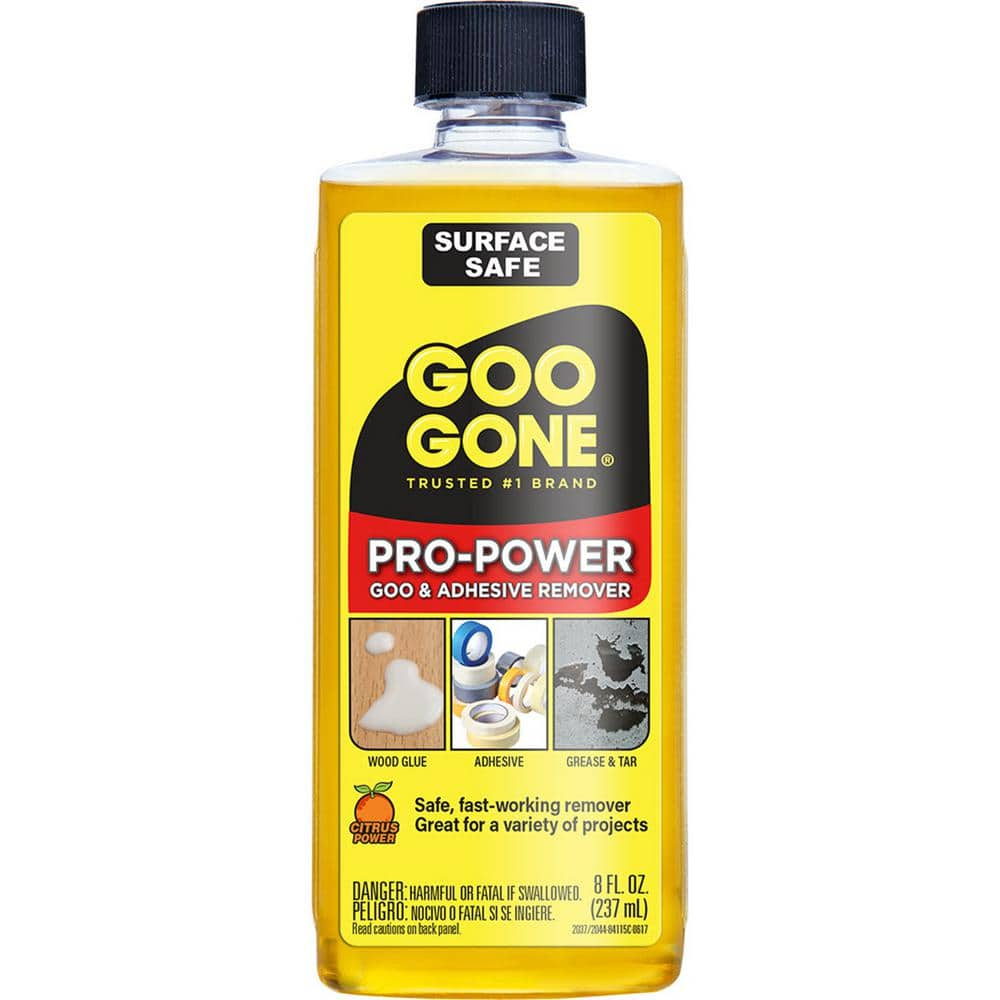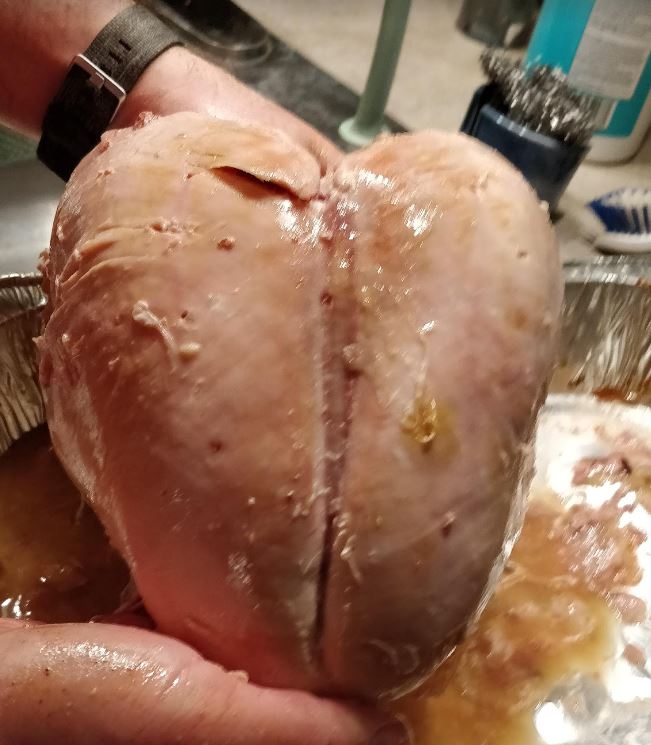I acquired a ~16 year old laptop. The mat black plastic top (back of the LCD) is sticky. At first I thought the previous owner had stickers on the back that were removed. But that seems like a bad theory now. I rubbed it with a cloth and denatured alcohol and it only got slightly less sticky, but black residue came off on my hands and the cloth. This is apparently not adhesive… it’s the plastic itself.
What’s my best move? I don’t suppose I can do anything to re-polymerize it. I don’t care about cosmetics… I just don’t want it to be sticky and marking anything that touches it. One temptation is to put plastic film on it, like cling wrap. But that could just make a bigger mess.
Sounds like those “soft touch” plastic surfaces. I’ve had a bunch of old plastic things turn sticky that way - it’s really hard to get it off but what I do is alternate between isopropyl, WD40 (brushed on with a cotton swab or cotton ball and let it sit for a while to let it break down the sticky before using Clorox or isopropyl to remove the WD40), and Clorox wipes. Eventually the matte finish comes off and you’re left with a shiny plastic surface. It just takes a lot of elbow grease, I often give myself finger blisters from scrubbing but it’s a relief to get it off.
Edit: also the last time I did this was on some old lighters which had a soft touch plastic which turned sticky, what ended up happening was the WD40 seemed to help soften the sticky stuff which allowed me to push it around by rubbing really firmly in one direction. If you push it towards one spot it’ll bunch up like softened sticker goo, then I use Clorox wipes to pinch up the bits of collected goo. It still took a lot of rubbing to get the last sticky stuff off to reveal the shiny plastic underneath but “migrating” the goo into a pile once softened by the WD40 (but degreasing the excess WD40 with the Clorox wipes before rubbing so that your finger doesn’t just slip) seemed to be the strategy for my sticky lighters.
Hope that helps you figure out something that works for you
WD-40 sounds like an interesting idea. Most people think of it as an oil, but in fact WD-40 is a cocktail of many different solvents, plus mineral oil, IIUC. It’s indeed more of a cleaning product than a lube.
Maybe one of those motorized polishing brush things might be good for this…or a sander lmao
Let me know when you find something that actually works.
Just happened to use gasoline on a sticky Dell XPS. Didn’t help. Baking soda does reduce the sticky feeling, but leaves a weird coating.
Alcohol didn’t work for me, perhaps I’ll just need to wrap the laptop with some sticker
actually after using alcohol and letting it dry it’s not really coming off on my hands. Just still a little sticky. But temp could be a factor. I wonder if on a hot summer day it will be more likely to mark things that touch it. If that happens, my temptation will be to cut out a piece of sheet metal and try using a 2-component epoxy.
Every reconditioned laptop comes with textured vinyl sheet over the lid
You could try this stuff. It’s worked very well for sticky things in the past for me.

Whenever I see that stuff on the shelf I think “I have acetone… why would I buy that? Probably just acetone with a different label”. But I’m probably wrong… if that were acetone it would not be “surface safe” and they’d get sued for damages. So indeed, probably worth a try.
It’s actually made from orange peels. Very different and it smells great.
Glad to hear that. So got me thinking about the wood glue dissolving on the bottle (polyvinylacetate). PVA is also used as a heel on some cheeses (gouda, I think). Maybe goo gone could be used to take the heel off cheese.
We used goo gone in a facility I once worked in where we had to remove stickers from plastic totes. Nothing got rid of the adhesives as quickly or easily. Theres like half a dozen different solvents in goo gone, I definoverprnot just brand name acetone.
It’s more of turpentine replacement than an acetone replacement.
Thanks! Will search for it.
Scrubbing the affected area with a paste made from baking soda and a small amount of water will remove the sticky parts and get you back to good base plastic. What you do from there is up to you.
Perhaps a spray can of truck bed liner would be more durable and prevent the base layer from degrading further.
I’ve used acetone ( nail polish remover ) to remove/harden the soft touch plastic that went sticky on several things.
That’s surprising. Acetone dissolves a lot of plastics even when they are in a new state. I might try it in a small area but I’m skeptical. I would expect it to worsen the situation.
Yes acetone can dissolve some plastics. So testing is wise. And cleaning after using it is important. I used an acetone damped paper towels and rubbed.
Isopropyl alcohol will fuck up some plastics too.
Try cleaners containing orange terpenes.
I would just clear coat it.
Tape off everything that you don’t want the clear coat on, spray on a coat, let it dry spray on another coat, sand it with some 400 or 600 grit sandpaper, wipe it down, spray on another cover of clear coat.
Might be a bit of a hassle but if you want to make sure that it’s not sticky anymore, clear coat is the way to go.



